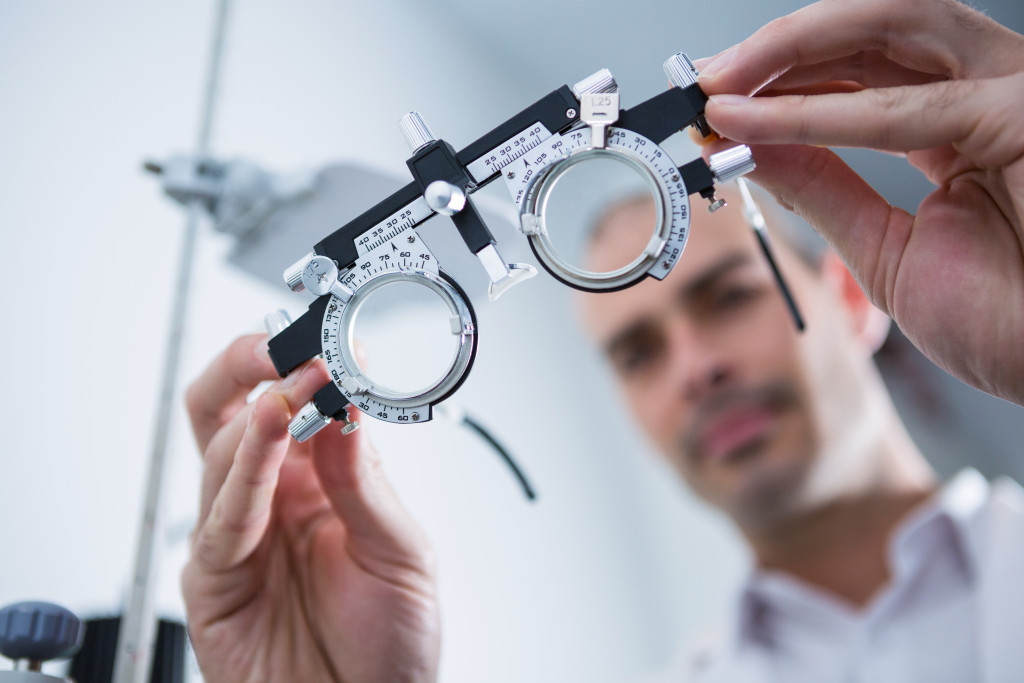You’re not alone if you have never considered visiting your doctor outside of the annual physical. In fact, many people don’t realize that there are certain times of the year when it is crucial to see your doctor more frequently than usual.
You may not think you need to visit your doctor more often than once a year. But if you are not careful, you could end up suffering from a serious illness or injury that could have been prevented had you made an effort to see your doctor more regularly. Here are the top 5 reasons you should visit your doctor more than once a year.
Your Skin
Your skin is the largest organ in your body. It is also one of the most important. Your skin protects you from harmful germs, pollutants, and other environmental irritants. It would be best if you visited your doctor at least once every six months for a full-body skin checkup. This will allow them to look for any signs of skin cancer, one of the most common types of cancer, and can be fatal if not caught early enough. Dermatologists and skin care specialists are trained to be on the lookout for early signs of skin cancer. They can also tell you what steps you can take to protect your skin from the sun, which is a significant cause of premature aging and wrinkles.
Your Heart
Strokes, Heart attacks, and high blood pressure are all significant causes of death in the United States. In fact, studies show that one in every three Americans will die of heart disease. While there are many risk factors for these conditions, diet and exercise are two of the most important. It’s essential to eat healthy foods that keep your heart healthy, like fruits and vegetables. You should also ensure you get at least 30 minutes of physical activity daily. Regular visits to your primary health care provider or a cardiologist are vital because they can help you avoid heart disease and other problems by detecting any issues early on.
Your Eyesight

Protecting your vision is vital for many reasons. You may not realize it, but your eyes are one of the first things people notice about you—and how well they look can affect how others perceive you. Your eyesight is also critical to your everyday life. It affects everything from reading signs and menus to driving safely, so taking care of it is essential. Conditions like astigmatism and macular degeneration—which can lead to blindness—are two of the most common causes of vision loss. If you notice anything unusual about your eyesight, visit an optometrist immediately. Early diagnosis and treatment can help prevent or slow the progression of these conditions.
Your Mouth
Your oral health is just as important as the rest of your body. You should brush your teeth twice daily with fluoride toothpaste and floss at least once daily. Oral health also contributes to your overall health. If you have gum disease or cavities, it can affect your heart, lungs, and kidneys. If you notice any changes to the health of your mouth—such as bleeding gums or a sore throat that doesn’t go away—visit an oral care professional immediately. A family dentist specializing in preventative care can help you avoid many of these issues. They will check your teeth and gums and make sure they’re healthy. If they find any problems, they can treat them right away.
Your Reproductive Organs
Studies show that women between 18 and 21 should regularly get a PAP smear. After that, it’s recommended that you get one every three years until age 30, then annually until age 65. If you have a history of abnormal pap tests or other health issues, your doctor may recommend more frequent screenings. Men should also undergo regular prostate exams starting at age 45. Reproductive health issues such as infertility, infertility, and sexually transmitted diseases (STDs) can be detected through regular checkups. Your doctor will also check for signs of reproductive cancers such as cervical or testicular cancer. As in most cases, early detection can significantly improve your chances of surviving these diseases.
In Closing
Regular visits to your doctor can help you stay healthy and avoid serious health problems. Your doctor will be able to detect any issues early on and treat them before they become severe or life-threatening. Regular visits to your doctor will also help them develop an in-depth patient history which will help them find any underlying issues and treat you more effectively. As a result, your doctor can keep you in good health for longer.

